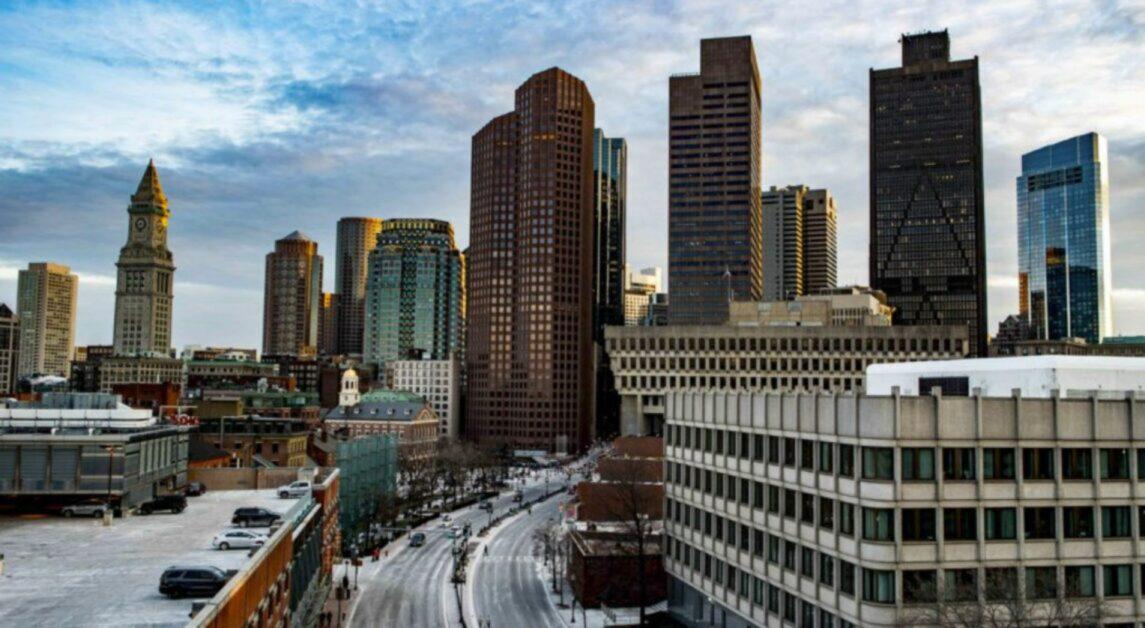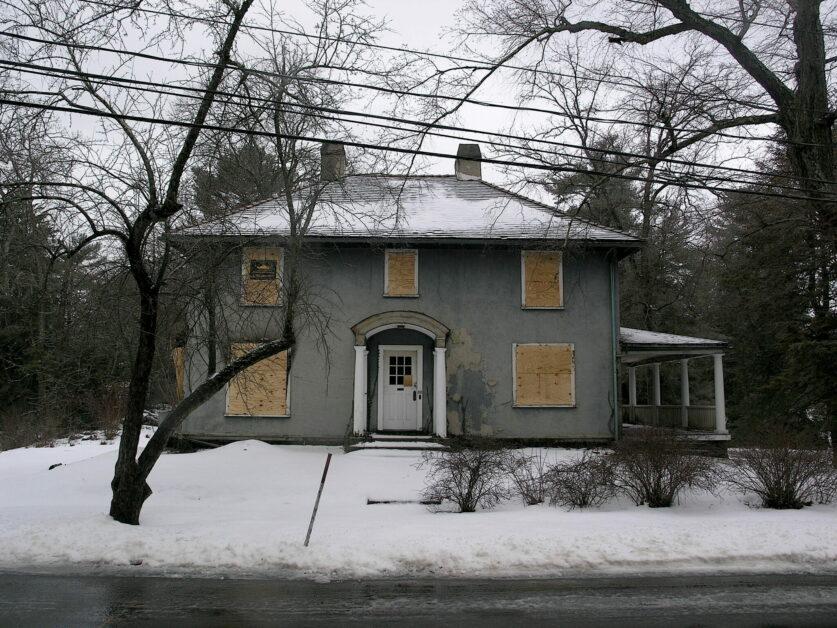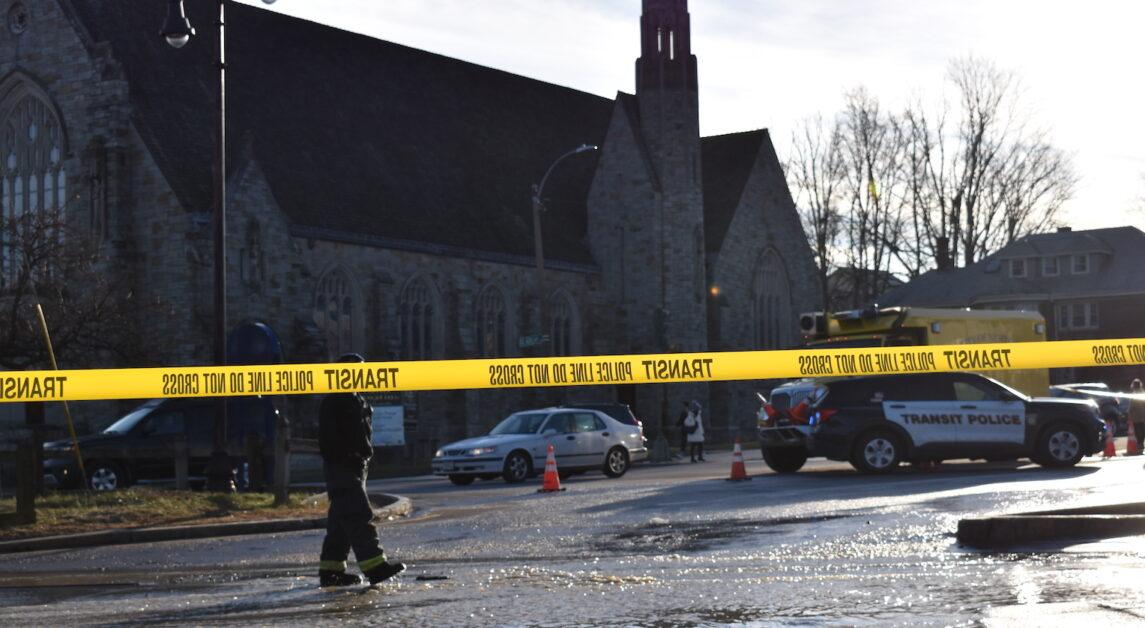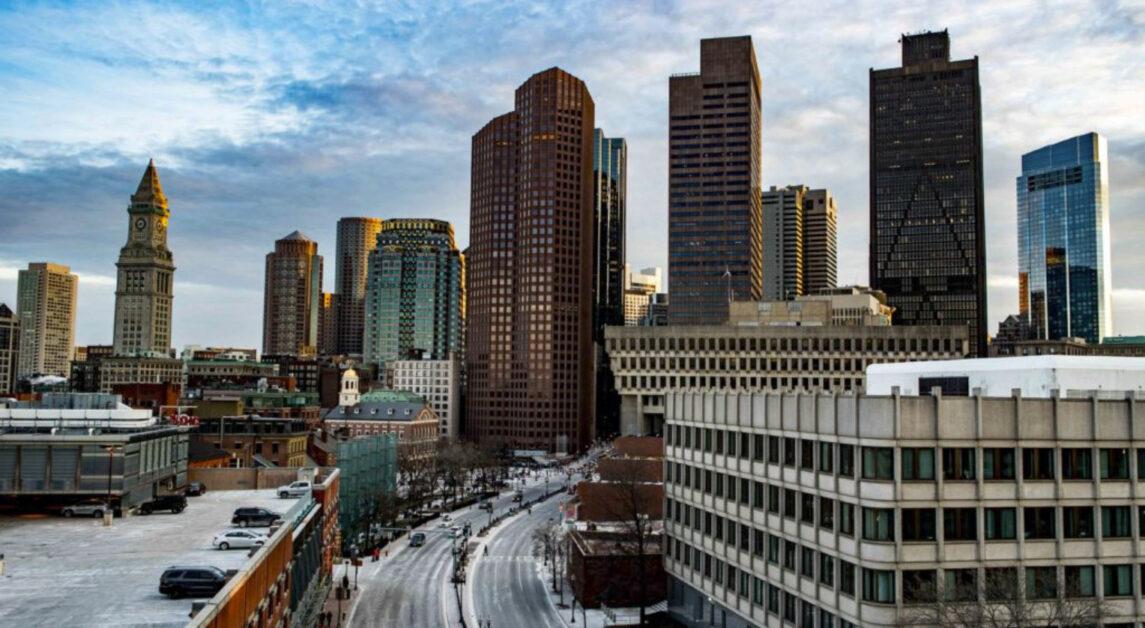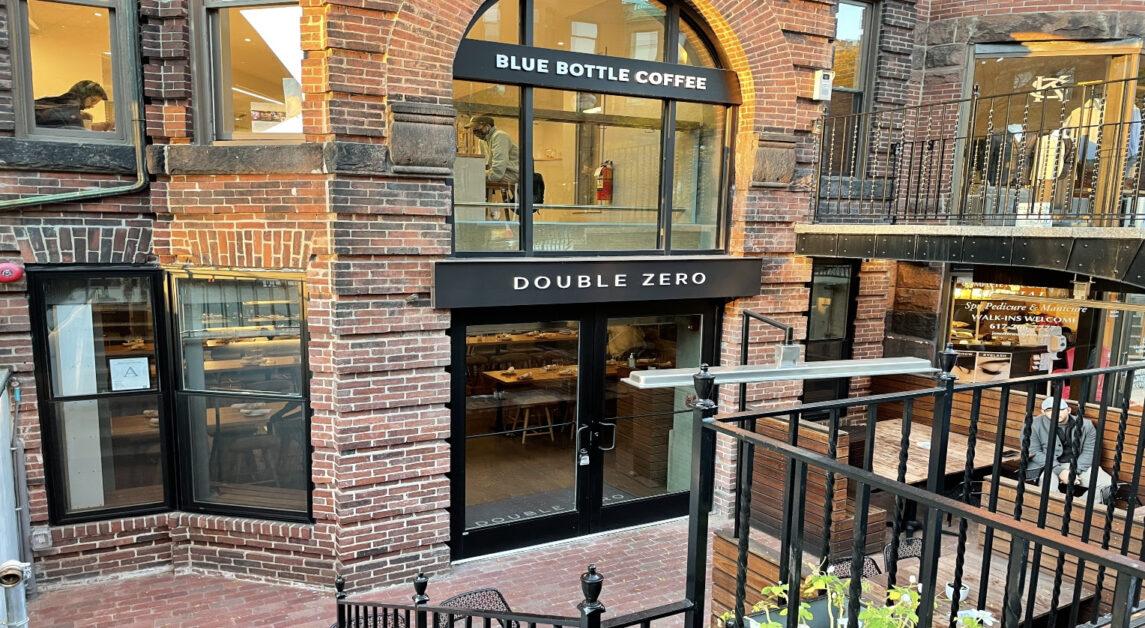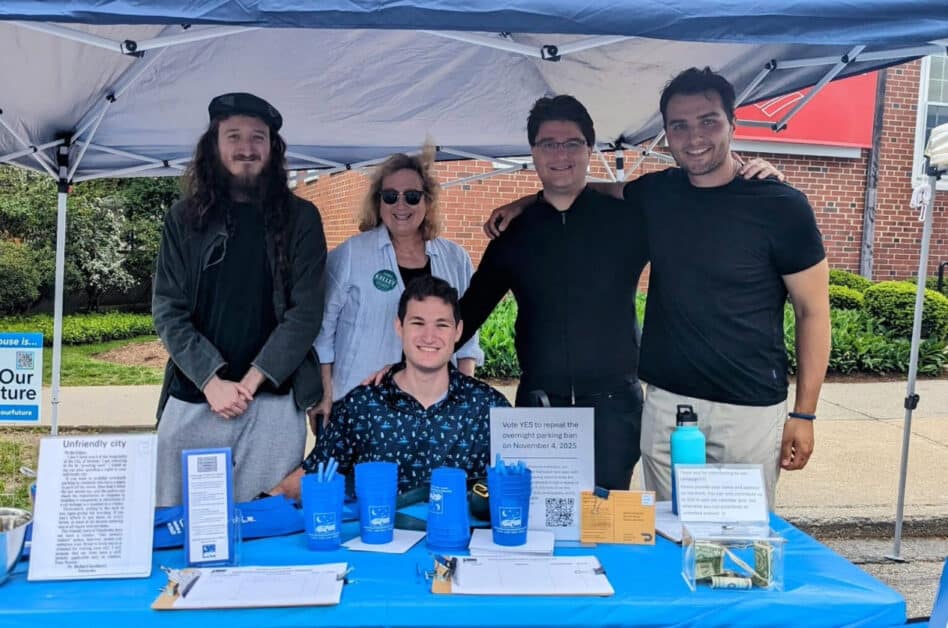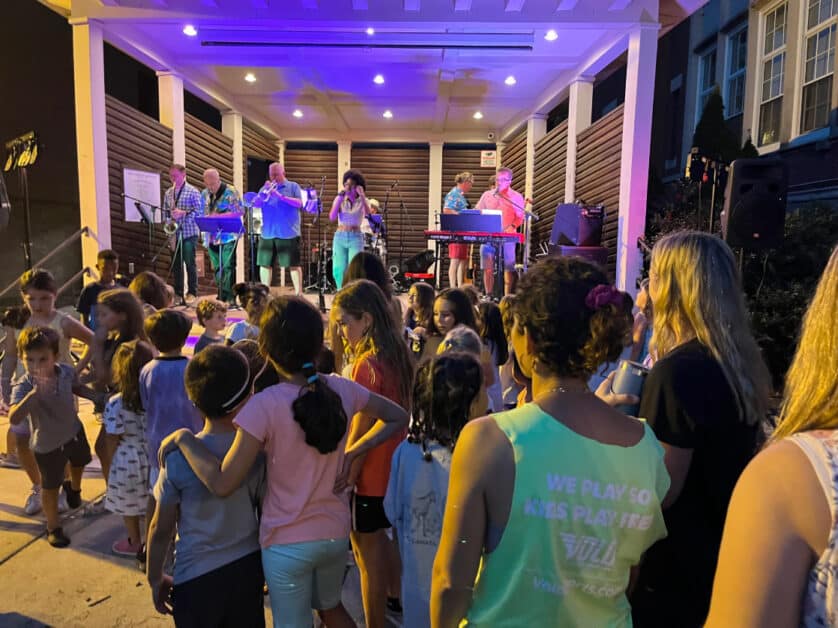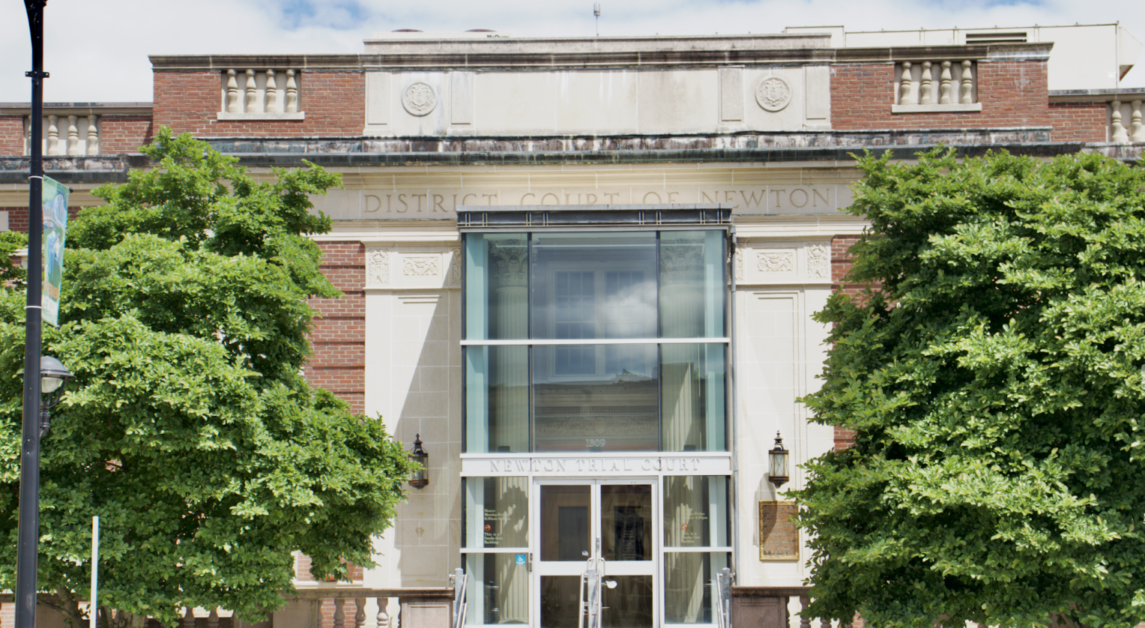Volunteers went out into the streets of Boston at 10:30 p.m. on Wednesday carrying bags of gloves, hats, and blankets to hand out during the city’s annual homeless census.
The volunteers are tasked with assessing how many homeless people utilize shelters, as well as the demographic, family size, and hometown of the people they meet. This two-pronged approach is designed to help the City best determine who it is serving and where it is falling short, according to a statement from the mayor’s office.
Temperatures last night were dangerously low, as the National Weather Service issued a wind chill advisory. The mayor’s office released a warning on Wednesday afternoon that temperatures could feel like 10 to 25 degrees below zero.
Mayor Martin J. Walsh, BC ’09, led one of the volunteer teams that canvassed the Downtown Crossing area. The group checked alleys, doorways, and any open restaurants or shops. Before the groups left to start canvassing, they were recommended to think of places they would go for warmth in order to find people.
In a McDonald’s, a couple eating chicken fingers and fries was approached by the mayor, asking where they were going to stay for the night.
The man said that he graduated from high school in 2015 and talked about where he used to live. The group gave him resources and said that he could qualify for a program in the city that is working to address youth homelessness.
The pair said that they didn’t need a lift to the shelter—part of the census includes city vans that drive throughout the city to drive anyone to a shelter for the night. Some people that were approached declined the offer for a ride, but took a blanket or pair of gloves for the night.
Outside a T station, a man approached the group and asked where the mayor was so he could shake his hand. Another young man approached, and they agreed to go over and meet one of the vans—which idled outside of a 7/11, waiting for people to agree to go in—for a few minutes to be taken to a shelter. For those who refused, volunteers said they could just sit in the van for a few minutes to warm up even if they didn’t want to spend the night in a shelter.
Most people are receptive to hearing about services that are offered, but others might not be ready to accept help yet, according to Robert Pulster, a regional coordinator for the United States Interagency Council on Homelessness who has been volunteering with the census for about 20 years.
“I think in Boston it’s always been a well conducted census,” Pulster said. “There’s a real effort to involve many partners that can offer services for the census.”
Boston has a relatively low unsheltered rate compared to other U.S. cities of a similar size, he said. He said the city has done a lot of work to lower that number.
“It’s a result of having a really strong shelter system and a network of service providers that really do step up and make sure people can come inside easily without putting up a lot of barriers,” he said.
The frigid temperatures and gusts of wind make it even more of a reminder to be grateful for having a place to live, said Rachael Rollins, the new Suffolk District Attorney.
“This is my first year, but it will not be my last,” she said of volunteering for the census.
The mayor handed out his card to some of the people he met, including a woman who was living on the inside of a T station, with medical equipment plugged into an outlet next to her. He asked her if she would consider going to a shelter for the night, to which she was resistant. He told her about a shelter that will take anyone in.
“You can tell them that the mayor sent you down,” Walsh said.
Featured Image by Colleen Martin / Heights Editor



